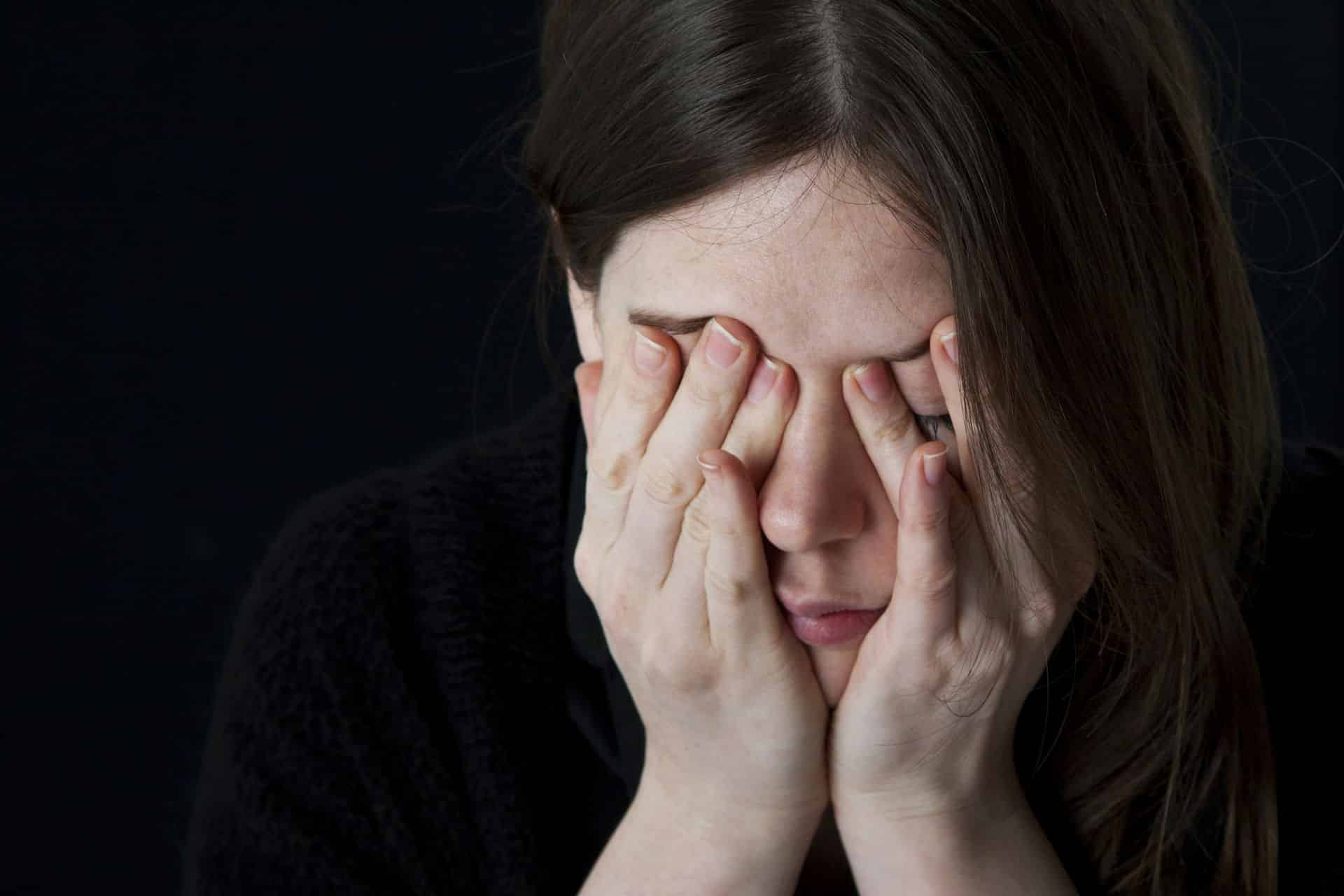Schizophrenia is a severe, life-long psychological disorder that affects how a person perceives and interacts with reality. Individuals with schizophrenia experience serious impairments in their ability to think, their emotions, and their behaviors. There is no part of a person’s life that is not affected.
The precise causes of schizophrenia are not fully understood yet. However, researchers know that it is a neurological condition that develops from a combination of genetic, physical, and environmental factors.
Drug use and addiction by themselves cannot cause schizophrenia, but makes it much harder to control. There’s also been research showing that chronic misuse of some substances, such as cocaine, cannabis, amphetamines, and LSD may activate schizophrenia in people who are already susceptible to it.
Table of Contents
ToggleSymptoms of Schizophrenia
Schizophrenia has positive and negative symptoms. People with schizophrenia also have psychotic symptoms. “Positive” symptoms are behaviors, thoughts, or emotions that don’t occur in neurotypical people. “Negative” symptoms are common behaviors, thoughts, and feelings that neurotypical people experience regularly that should be present but aren’t.
Psychosis refers to a person being detached from reality and thus unable to tell what’s real and unreal. Hallucinations, delusions, and disordered thinking are all examples of psychotic symptoms.
Positive symptoms include:
- Hallucinations
- Delusions
- Confused thinking or thought disorders
- Disordered behavior
Negative mental symptoms:
- lack of interest in their surroundings
- lack of interest in interacting with other people
- an inability to feel or express pleasure (anhedonia)
- decreased ability to initiate behavior (lack of motivation, also called avolition)
Negative physical symptoms
- difficulty communicating with others due to disorganized thinking
- flat affect (a blank face that shows little expression and no emotion)
- monotone or monosyllabic speech
- physical inactivity
Cognitive symptoms
- shortened attention span
- impaired problem-solving
- impaired short-term memory
- impaired working memory
- slowed information processing speed
- disorganized thinking
- severe difficulty in organizing one’s thoughts
What Percentage of the Population Has Schizophrenia?
Schizophrenia affects .32 % of the world’s population—about 24 million people. In the US, 3.2 million people have schizophrenia, which makes up around 1.2% of the population.
It’s usually diagnosed in middle to late adolescence through the early adult years, with men having an average age of onset at 18 years old and women at 25 years old. People with diagnosed schizophrenia are most typically diagnosed between 16 and 30, with very few cases occurring before age 10 or after age 40.
Is Schizophrenia Very Rare?
Schizophrenia isn’t rare at all. The prevalence in the US is about .2% of the US population, compared to the 19.1% of Americans affected by anxiety disorders and 8.4% with a diagnosis of depression. However, consider that 1.2 % of the population with schizophrenia equates to 3.2 million people living with a severe and incapacitating
Schizophrenia is a dangerous mental disorder. About 5 % of people with schizophrenia will commit suicide.
Who is at High Risk?
Schizophrenia tends to run in families. Twin studies have shown that if one identical twin has schizophrenia, the other twin has a 50% chance of having it too. This holds up even for identical twins separated at birth and reared in different homes. People who have a first-order family member with a history of schizophrenia are also more likely to develop it.
Substance abuse and schizophrenia
Substance abuse does not cause schizophrenia, but it makes it worse. Many people abuse substances in an attempt to self-medicate their symptoms, which only suppresses them, and not for long.
Treatment is Available
Schizophrenia is a treatable disorder, and the sooner people get help the better their results are. Combination therapy with medication and psychotherapy is a highly effective approach. Over the last decade, there has been an explosion of new medications that work better and have fewer side effects than older medications.
As well, people with schizophrenia who abuse substances need dual-diagnosis treatment to help resolve both conditions.
Contact Agape for Help Today
A diagnosis of schizophrenia may leave a person wondering where to go next. At Agape Treatment Center, we offer comprehensive age-specific, mental health services for women and women. These two conditions frequently go hand-in-hand, they must be treated simultaneously in a designated facility.
At Agape Treatment Center, we combine intensive therapeutic intervention with psychiatric care and medication-assisted treatment options. In many cases, a combination of antipsychotic medications is necessary to treat schizophrenia.
Clients have access to individual and group therapy, and family therapy sessions whenever possible (when the loved ones of the client live near our treatment center and can visit on occasion). An in-depth psychiatric evaluation will take place upon admission, and clients who are found to have a mental illness will continue to undergo evaluations throughout their stay.
To learn more about our mental health program or to learn more about the impact of schizophrenia on young adults, contact us directly through our website or over the phone.

Stephanie Robilio is an accomplished Clinical Director at Agape Behavioral Healthcare. With a Master of Social Work degree, LCSW license, and extensive training in Rapid Resolution Therapy under her belt, she brings a wealth of expertise to her role. Her unique combination of education and experience allows her to provide exceptional care to clients and lead her team with confidence. Stephanie’s joy comes from witnessing the moments when her patients creatively connect the dots and bravely move toward reclaiming their power. Her purpose is to help individuals understand their past so they can create a future full of hope, growth, and success. Stephanie attributes a large portion of her success to the supportive culture and strong sense of community fostered by the Agape team.






